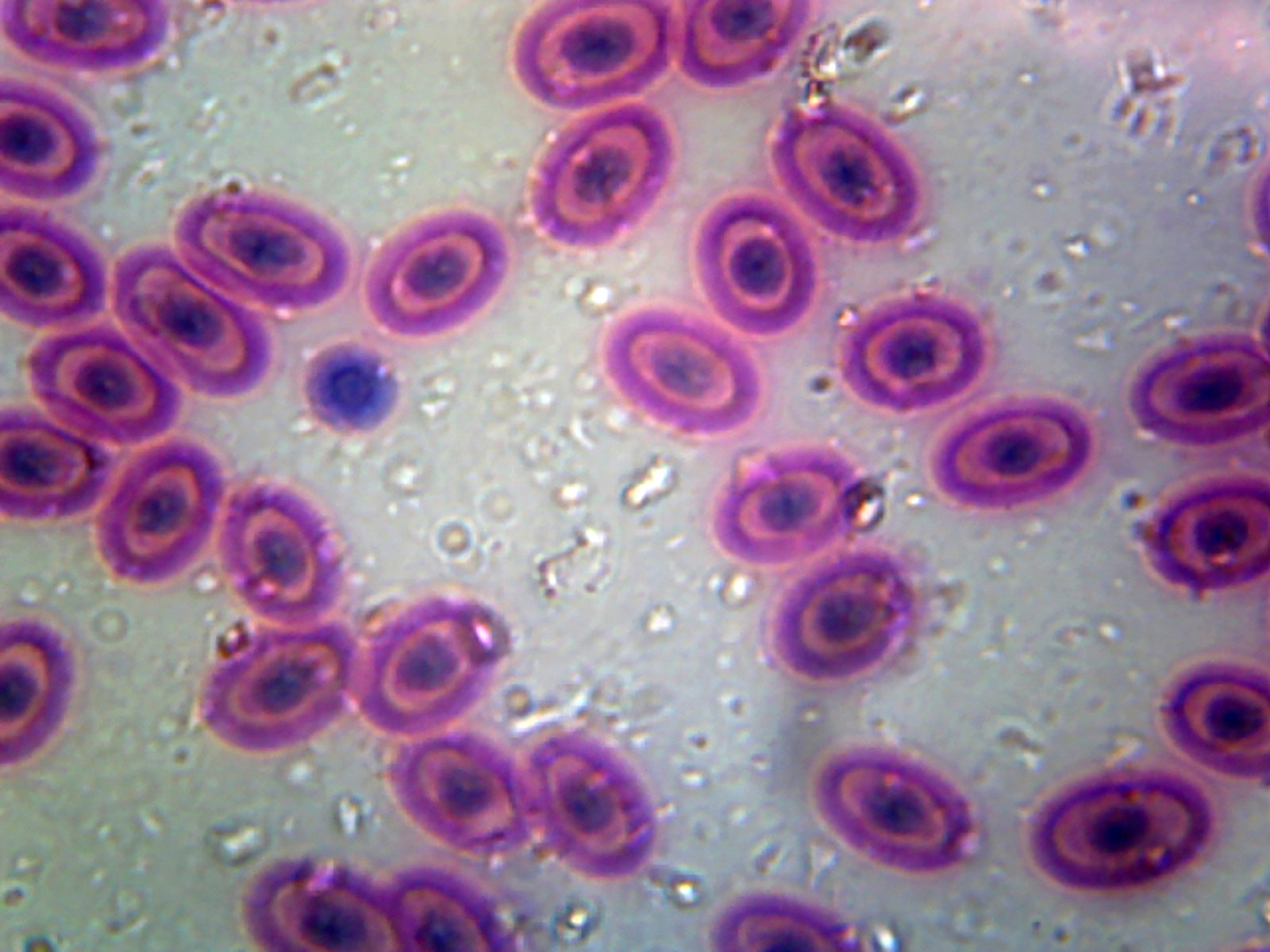As far as I can tell, there haven't been any Earth-shattering scientific discoveries since I wrote my last post (things could have slipped through the cracks, though – I am only one person!).
That said, I did stumble across one story this week regarding the Zika virus and brain cancer research that caught my eye, though the research is far from conclusive. Before I really discuss the article and the study it describes, I wanted to give some context behind Zika and its current state.
Zika is a virus that in a healthy, non-pregnant person causes only mild symptoms. It is mainly transmitted by mosquitoes in the Aedes genus, frequently by the Aedes Aegypti mosquito, but it is also known to be transmitted sexually. Many who are infected don't realize they've come down with the virus, and very few deaths are caused by it. There are two complications of the disease, however, that make it more than concerning – it can trigger Guillain–Barré syndrome (which causes your immune system to attack your nerves) in adults, and microcephaly (a smaller than average head) and other brain defects in children born to infected mothers. Much of the work around Zika includes preventing the infection of pregnant women, and there are already vaccines being tested for them.
I want to be clear - Zika virus is not yet a massive threat in the United States. It is much more prevalent in South America, Central America, Africa, and other regions closer to the equator. The nation-wide panic and sensationalism that filled the news in 2016 when the World Health Organization (WHO) declared it a global medical emergency has more or less subsided. Though we don't know what the future holds, the CDC is taking measures to prevent its spread around the world and in the US, such as education, travel warnings, further study, and comprehensive tracking, among other things.
Now, what does Zika have to do with brain cancer? Though it is largely a negative force in the world, researchers at the University of Campinas's School of Pharmaceutical Sciences in São Paulo State, Brazil are trying to use it for good.
Glioblastoma, which is the most common and aggressive type of adult brain tumor, is very resistant to chemotherapy. That means that alternate forms of treatment for it are very sought after.
One newer, promising candidate for cancer treatment is the use of what are known as oncolytic viruses. These are viruses that have been genetically engineered and altered to destroy tumors. This technique is already showing promise in treating melanoma, bone cancer, and more.
Now, these scientists at the University of Campinas's School of Pharmaceutical Sciences are finding some success using Zika to kill off glioblastoma tumors. They have found that by infecting tumor cells with Zika, the tumor cell is induced into producing a molecule known as digoxin, which has previously shown promise in killing breast and skin cancer tumors. After observing these infected tumor cells using mass spectrometry, the researchers found signs of cell death caused by the induced digoxin. They hope in the future to genetically engineer a form of Zika that will only synthesize digoxin instead of infecting the patient with Zika.
These types of advances really pique my interest. The fact that humans are able to take a dangerous and possibly debilitating disease such as Zika and try to use it as a potential cure for cancer speaks volumes towards human ingenuity and our ability to make the best out of a bad situation. I realize that, like many cutting-edge medical advances that you see in the news, this treatment option likely has years of testing to go through before it is even considered for use in a clinical setting. It has a decent chance of never making it out of the lab. But, still, we are trying incredibly innovative (counter-intuitive, even) solutions to some of our most frightening problems, and that puts a smile on my face.
Written By: Jacob Monash











